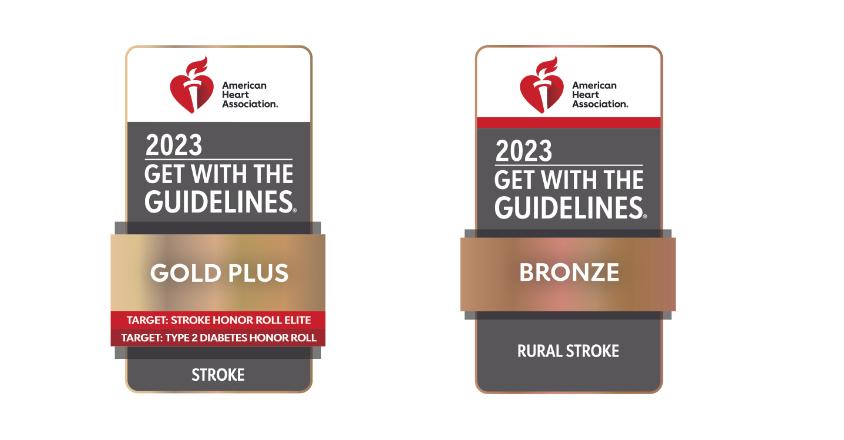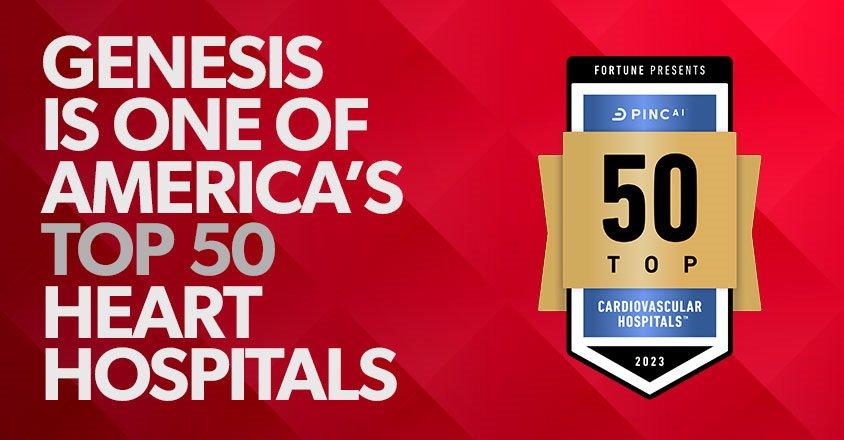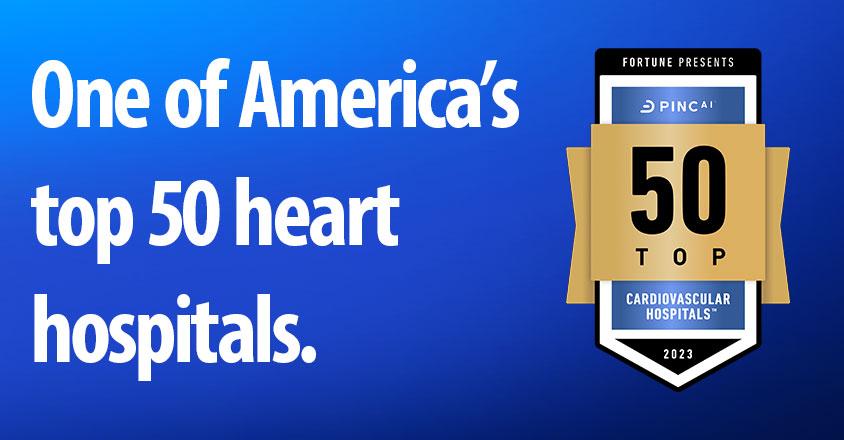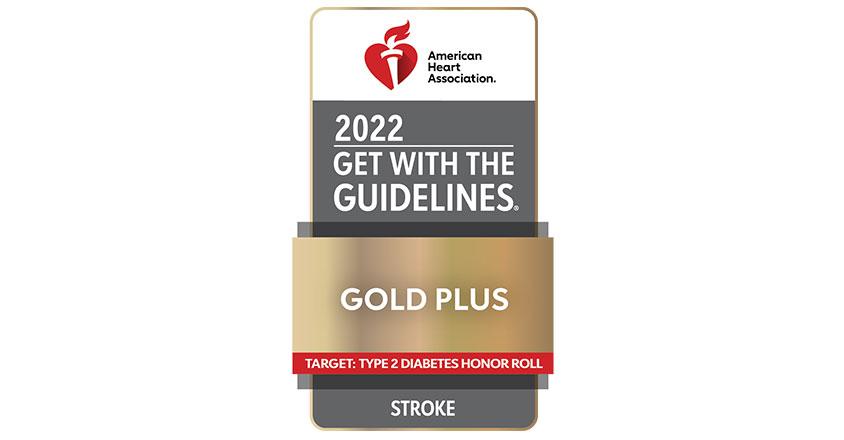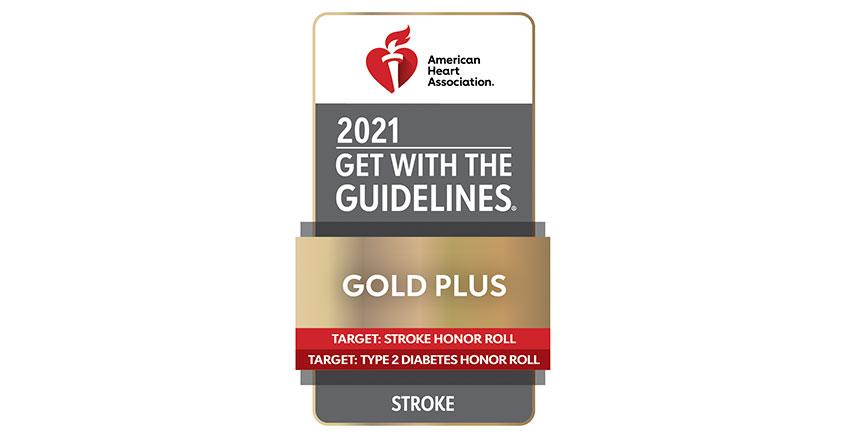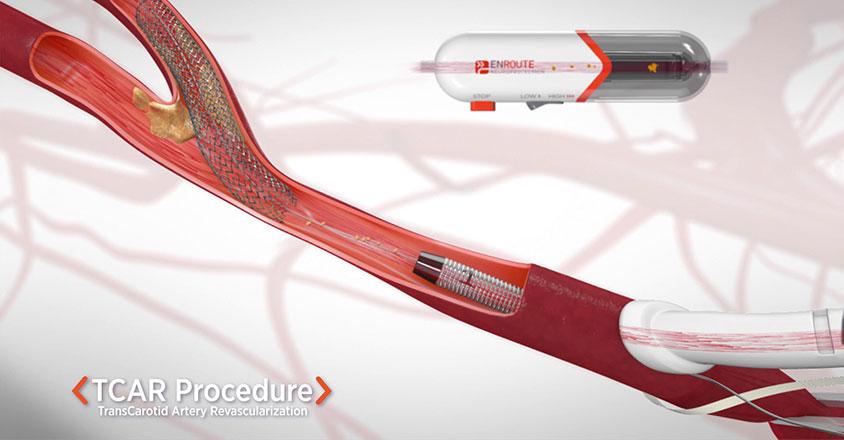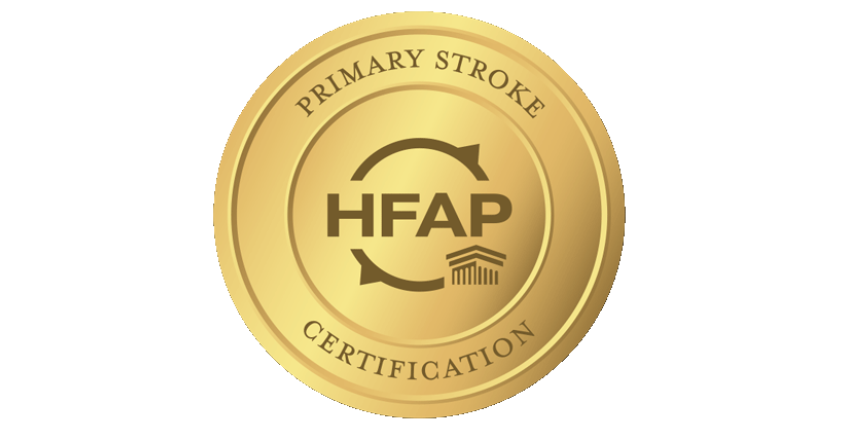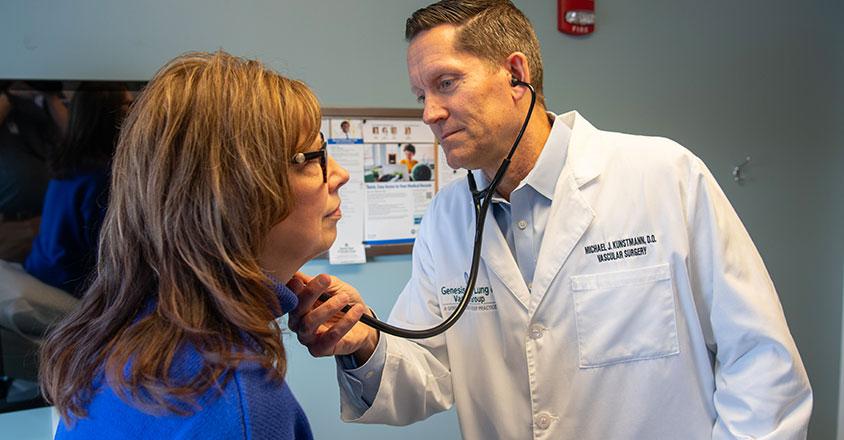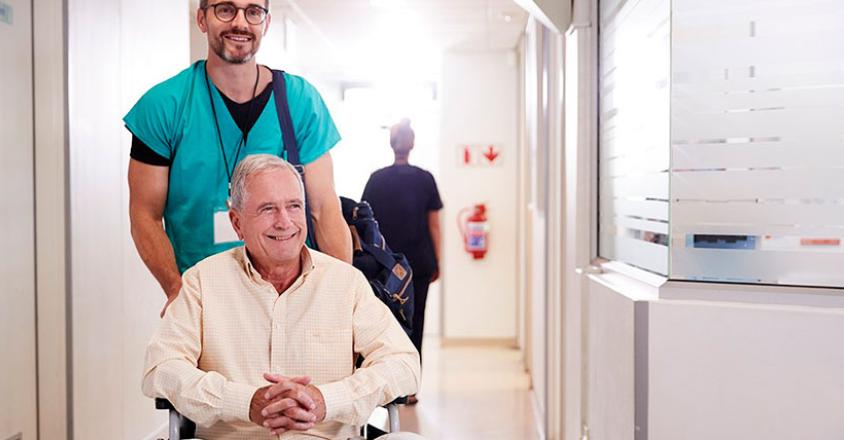Did you know stroke is the fifth leading cause of death and a leading cause of disability in the U.S.? Just as these facts may be surprising, the reality is even more shocking for those told they’re at high risk of the disease. Known as a “brain attack,” symptoms of a stroke are often silent until it causes devastating temporary or permanent disabilities, or worse, is fatal.
Fortunately, vascular surgeons at Genesis HealthCare System proactively monitor patients at high risk of stroke and provide cutting-edge preventative management with the minimally invasive procedure Transcarotid Artery Revascularization (TCAR).
“TCAR is a very welcome treatment for patients in the high-risk category,” explained Michael J. Kunstmann, D.O., fellowship-trained and board-certified vascular surgeon, Genesis Heart & Vascular Institute. “The recovery time is less, the incision is smaller and the stroke rate is less than the standard treatment of carotid endarterectomy (CEA).”
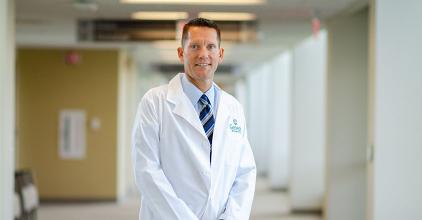
Michael J. Kunstmann, D.O.
TCAR: Expanding stroke prevention care
For many, the risk of stroke increases due to blockage of a carotid artery. As the two main arteries that carry oxygen-rich blood from the heart to the brain, a blocked carotid artery often goes undetected until symptoms surprise a stroke victim, including:
- Sudden loss of vision, blurred vision or difficulty seeing out of one or both eyes
- Weakness, tingling and numbness on one side of the face, one side of the body or in one arm or leg
- Sudden difficulty in walking, loss of balance or lack of coordination
For some, a blocked carotid artery may be discovered during treatments for other chronic conditions. Regardless of how it’s found, treatment decisions are an immediate concern.
“The TCAR procedure is particularly well-suited for patients with other current or previous health issues,” Dr. Kunstmann noted. “We look at people who have had previous neck surgery or radiation, or those who have had previous endarterectomies as good candidates for the procedure. We also look at patients who are older and won’t necessarily tolerate carotid endarterectomy due to it being a longer procedure using a longer incision.”
A surgical procedure performed under local or general anesthesia, TCAR is completed through a small incision at the neckline just above the clavicle. After placing a tube directly into your carotid artery, the surgeon connects it to a system that directs blood flow away from your brain to prevent any loose plaque from reaching the brain. After being filtered, your blood will return through a second tube. A carotid stent is then placed to stabilize the plaque in your carotid arteries, and blood flow resumes its normal direction.
Take advantage of preserving life’s precious time
TCAR is a preventive treatment to avoid a stroke. Several factors are considered before recommending the procedure. “One factor we consider is if you have an 80% blockage, then your risk of stroke is approaching 10% a year,” said Lane Lee, D.O., fellowship-trained and board-certified vascular surgeon. “Your risk of a stroke with TCAR is generally much less than 2%.”
Dr. Lee stressed the importance and benefits of stroke prevention. “If you’ve had a stroke, there’s not much I can do to help. However, the TCAR procedure can prevent a stroke.”
The Food and Drug Administration (FDA) approved the TCAR procedure in 2015. At that time, fewer than 20 institutions were using the procedure; by 2019, the number had grown to over 200 institutions. The expansion of the use of TCAR is fueled by the extensive data on procedure outcomes being recorded by the Vascular Quality Initiative. All physicians in the U.S. performing TCAR have to be enrolled in the databank and record the outcomes of every procedure.
“All TCAR data is in the databank, from beginners to experts,” said Dr. Lee. “It’s not just the 10 best guys who know how to do this, it’s everybody. When you look at the overall databank, the stroke rate is less than 2% for this procedure.”
Genesis HealthCare System continues to have great success performing TCAR, and offering this innovative procedure is an important addition to patient care. “It definitely aids us by being able to provide our patients the best vascular care locally,” said Dr. Kunstmann.
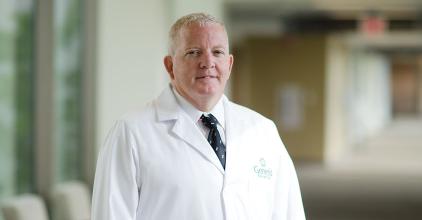
Lane Lee, D.O.

